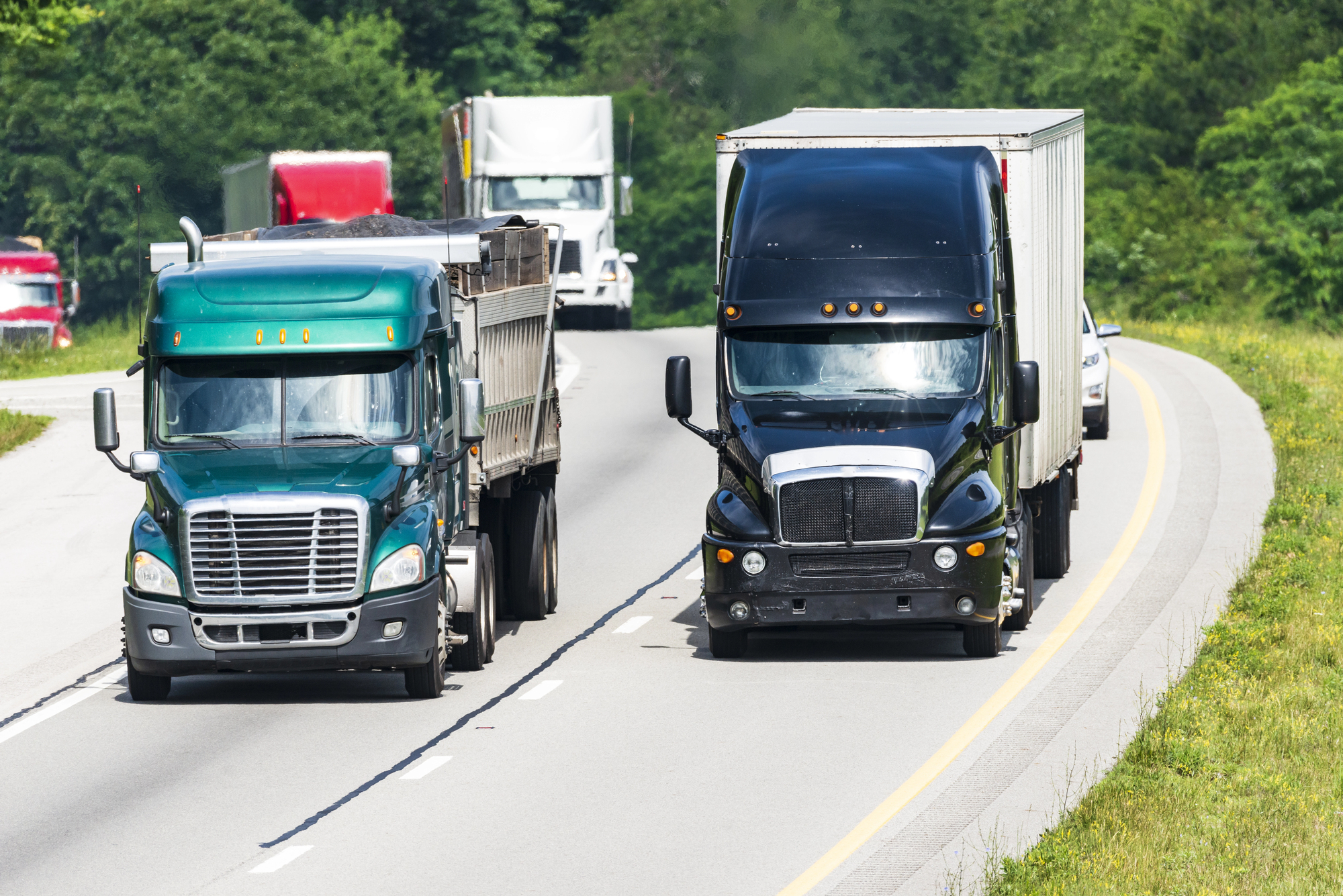You’ve probably read about how many businesses are adopting greener practices to reduce their carbon footprint. In fact, it’s becoming an important consideration for consumers when choosing a service or product.
The transportation industry is at a crossroads with sustainability, as it is known to be one of the biggest producers of carbon emissions. However, there are many ways logistics professionals are curbing this for greener, more cost effective outcomes.
Short-haul trucking, often overlooked in favor of long-haul counterparts, is emerging as a frontrunner in the pursuit of greener roads.
Short-haul trucking, defined by its relatively shorter distances and frequent stops, has inherent characteristics that lend themselves to sustainability. Here's how:
Short Miles Equals Reduced Emissions
One of the most significant green advantages of short-haul trucking is the immediate reduction of emissions due to traveling shorter distances compared to long hauling.
Shorter routes leads to lower fuel consumption and subsequently fewer greenhouse gas emissions. Moreover, they are more likely to operate within urban areas, where emissions have a more immediate impact on air quality and public health.
Easier Access to Electric Tech and Alternative Fuels
Short-haul trucking is proving to be an ideal testing ground for the adoption of electric and alternative fuel (such as natural gas) vehicles.
However, some argue that there are limitations with this new technology when it comes to range of use and payload. This applies more to long hauling, as it’s perfectly suited to shorthauling in an urban setting where charging facilities are more readily available.
As battery technology advances, electric short-haul trucks are becoming a viable option, contributing to cleaner air and quieter neighborhoods.
Save With Efficient Route Planning
More and more short-haul trucking companies are investing in advanced route planning technologies that provide full visibility of the supply chain. This in turn allows businesses to clearly see the weak spots, and make improvements.
These tools also provide advantages, such as optimizing routes, reducing idle time, and ensuring efficient deliveries. This not only saves time and money but also minimizes unnecessary fuel consumption and emissions.
The Last-Mile Has Many Sustainability Options
One of the cool things about the final mile is that you have options. For one, you don’t necessarily need a van or truck to accomplish this critical last step in the delivery process.
Businesses seeking more ecofriendly methods can try greener transportation, such as cargo bicycles, electric vans, and micro-consolidation centers. These initiatives not only curb emissions but also reduce congestion in urban areas.




